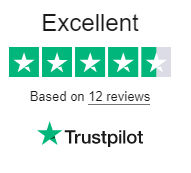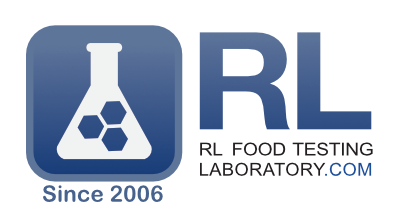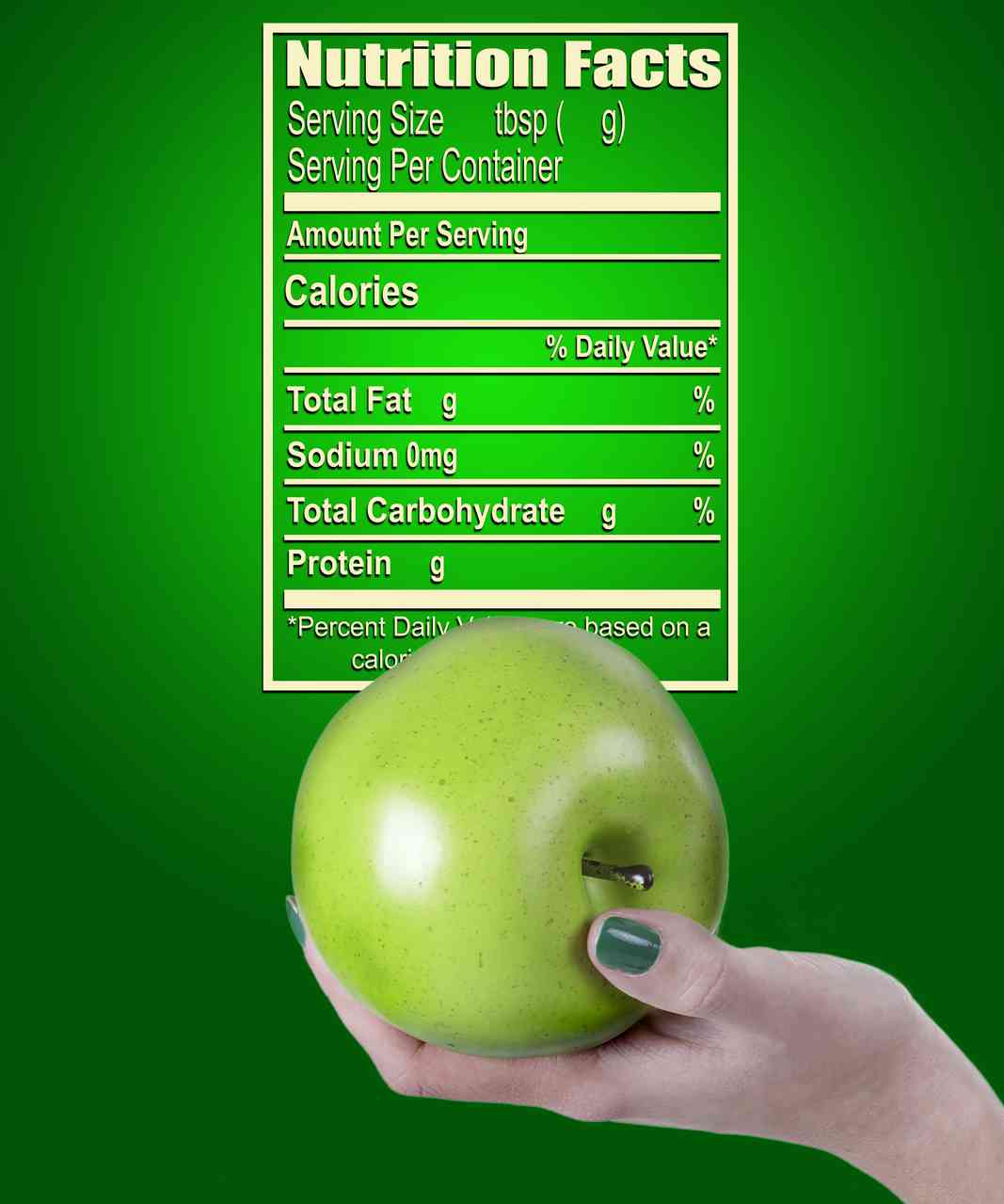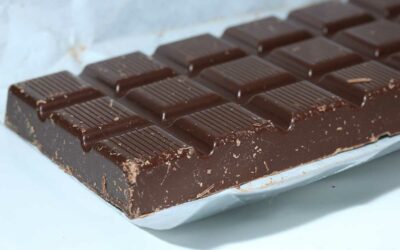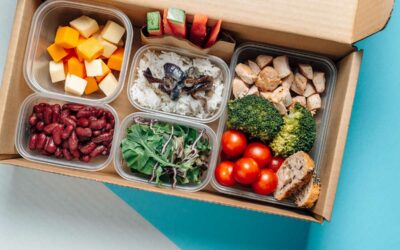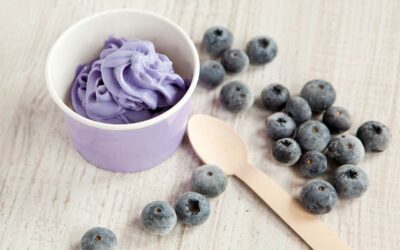You’ve decided to start selling your own food or beverage product – congratulations!
At this point you may be wondering if you will need to make an FDA nutrition label for your product. In short, the answer is: if you’re going to be selling your food or beverage, then yes, your product will probably need a nutrition label that complies with FDA labeling requirements. However, there are some exceptions that may allow you to forego an FDA nutrition label.
If any of the following statements apply to you, you may be exempt from FDA label requirements:
- You’re a retailer (that is, you sell your product directly from yourself to consumers), and you qualify as a “small business” as defined in the FDA nutrition facts labeling regulations
- Your product will be sold in a setting where it’s expected to be eaten immediately, other than a restaurant (e.g., in a cafeteria, on an airplane, in a small shop or deli where you’re expected to eat the product soon after buying it, etc.)
- Your food or beverage doesn’t provide any significant nutrition when eaten (e.g., spices, plain coffee beans, some flavor extracts, etc.)
- Your product is a bulk food that you sell to a different company, rather than selling directly to consumers
- Your product is fresh, unprocessed produce or fish.
Be aware that, even if you meet the criteria for one of these exemptions from having a nutrition label, your product might still need nutritional labeling! That’s right – the exemptions have their own exemptions. For example, let’s say you would normally be exempt because you are selling a cookie for people to eat at your bakery; however, if your packaging or advertising claims any health benefits from the product, or it shows claims about its nutrients (e.g., “this cookie is a good source of calcium”), you do need FDA nutrition labels for those cookies. Make sure to carefully examine the exemption to make sure you meet the FDA criteria for that exemption! This information can be found in the Code of Federal Regulations, in Title 21 part 101.9 (https://www.ecfr.gov/cgi-bin/text-idx?node=pt21.2.101&rgn=div5#se21.2.101_19).
Other types of products – for example, foods in many restaurants or food sold in bulk bins at a store, like granola – may not have individual packaging where you would normally expect find a label, but they may still require an FDA nutrition label to be displayed nearby or to be accessible to customers upon request. The link above can also help you find the details on FDA labeling requirements for circumstances such as these.
Even if they are exempt, companies may choose to add nutrition facts panels to their products anyway. FDA nutrition facts panels help consumers make informed choices and identify certain healthy nutrients. In fact, in a recent nationwide survey, over half of consumers – 59% – said they always read the labels on a new food before purchasing it . Whether you are required by law to provide an FDA nutrition label or decide to do so for other reasons, RL Food Testing Laboratory will help you create a Nutrition Facts label for your product to make sure you comply with all FDA label requirements.


